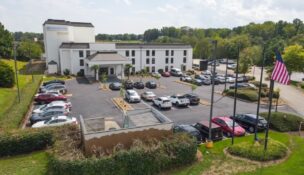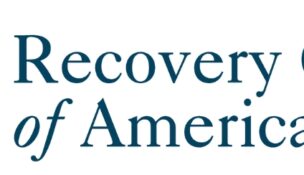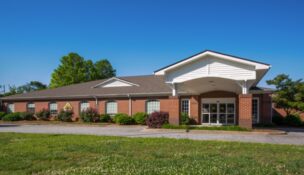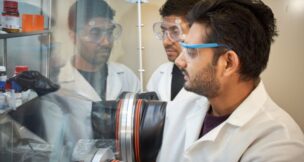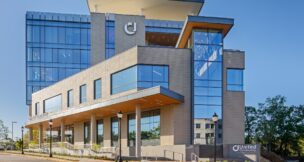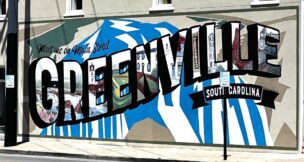Clemson-linked lab tracks omicron’s spread to Upstate
Molly Hulsey //December 21, 2021//
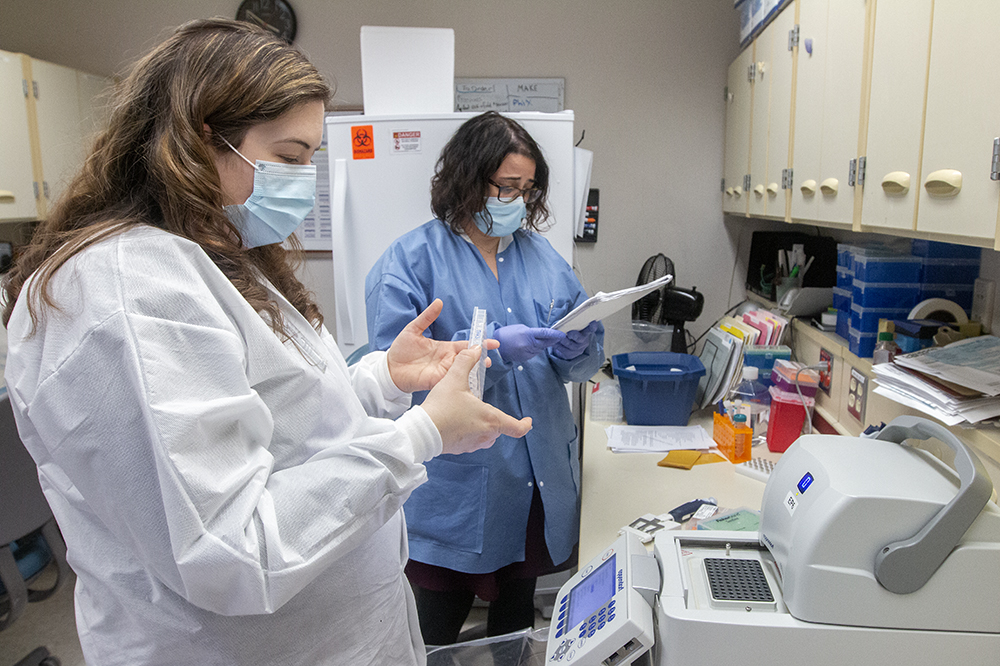
Six days after the Medical University of South Carolina identified the first three cases of the omicron COVID-19 variant in the state, Greenville-based Premier Medical Laboratory has confirmed the variant’s presence at Clemson University.
In partnership with an on-campus lab, Premier tracks novel variants of the COVID-19 virus through a National Institutes of Health-funded process called Next Generation Sequencing.
The process decodes a virus’ genetic makeup to determine how it is mutating and spreading throughout a population.
By Dec. 15, MUSC used this process to identify three Omicron cases from Charleston, North Charleston and Johns Island. The first had been collected on Dec. 4, indicating that the variant has been in the state for a few weeks.
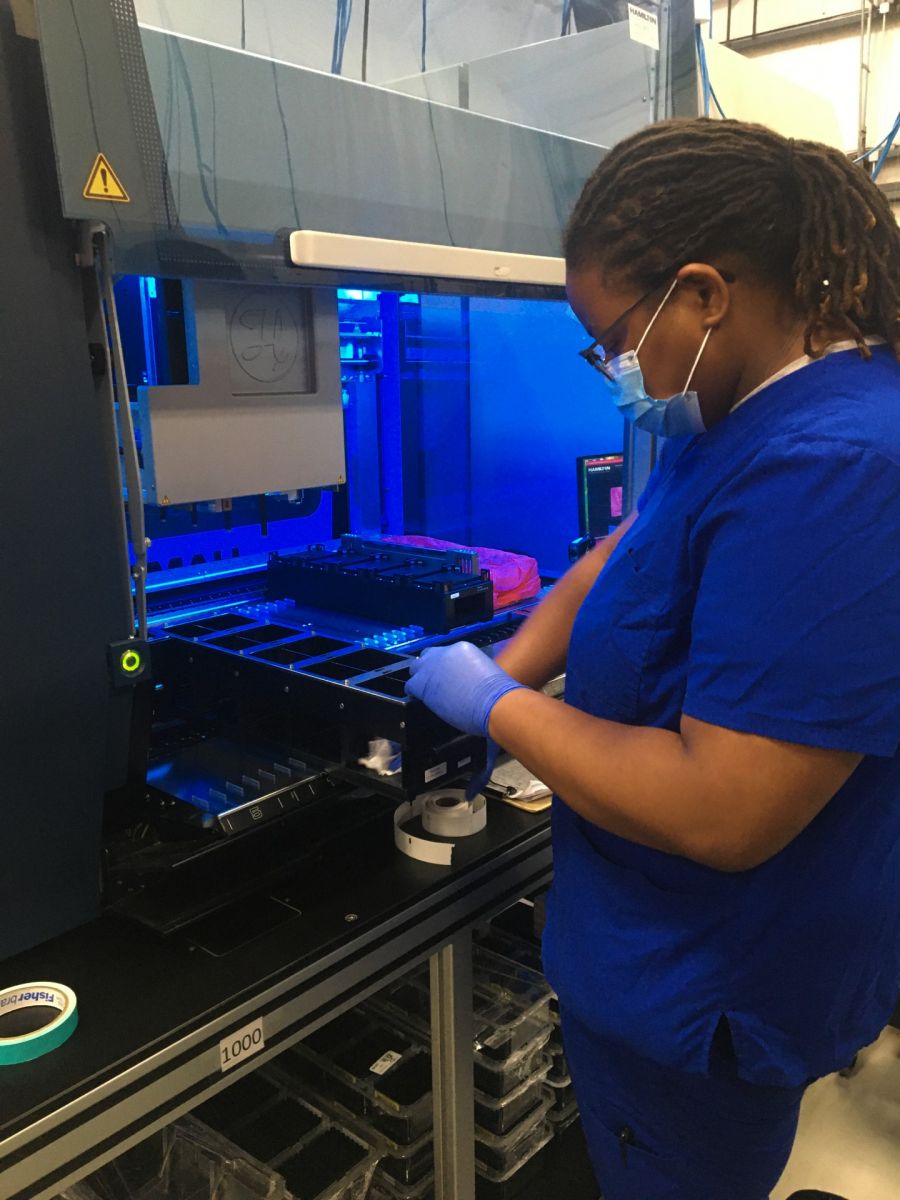 “There's not a whole lot of evidence about severity of disease yet, because we're just starting to see the hospitalizations,” Julie Hirschorn, director of the MUSC molecular pathology lab that pinpointed the variant. “In Australia, hospitalizations are pretty low. The hospitalizations in the U.K. also appear to, in early terms, suggest that it's maybe a more mild disease. That’s great, except that if you have COVID circulating in large quantities, then you always have that ability for more mutations to happen.”
“There's not a whole lot of evidence about severity of disease yet, because we're just starting to see the hospitalizations,” Julie Hirschorn, director of the MUSC molecular pathology lab that pinpointed the variant. “In Australia, hospitalizations are pretty low. The hospitalizations in the U.K. also appear to, in early terms, suggest that it's maybe a more mild disease. That’s great, except that if you have COVID circulating in large quantities, then you always have that ability for more mutations to happen.”
On Monday, Clemson University reported that 10 COVID-19 positive samples detected by the school’s REDDI Lab were sent to Premier Medical Laboratory Services, after being flagged for the omicron variant.
Premier has the capacity to sequence up to 42,000 samples per week, according to the company.
“As a proactive and solutions-driven company, we implemented a large-scale Next Generation Sequencing initiative to meet the needs of our population with preparedness for novel variants like omicron,” Kevin Murdock, CEO and founder of Premier Medical Laboratory Services, said in a news release. “Through partnerships like ours with Clemson University, we are happy to increase the amount of data for South Carolina and the entire nation, which is vital for vaccine efficacy and our understanding of the virus.”
COVID-19 cases at Clemson peaked Sept. 7 with 123 reported cases and dropped to eight cases on the final day of fall exams. Between Dec. 5 and Dec. 20, the school has reported 109 positive cases and will implement required pre-return COVID-19 testing for all employees and students by Jan. 7. The semester ended with graduation on Dec. 17.
Students and professors will be expected to wear masks in the classroom through January.
“While we continue to monitor the COVID landscape, we believe the measures outlined for our return in January allows the best opportunity for a continued safe and fully operational spring semester,” Provost Bob Jones said in a statement.
Greenville wastewater treatment provider Renewable Water Resources is working with another lab to test for the omicron variant in wastewater, according to the company, which has worked with Clemson University to study Greenville County wastewater COVID-19 levels for 18 months.
“We’re not testing for that particular variant just yet,” Chad Lawson, communication director at ReWa, told GSA Business Report today, adding that Premier was among the first laboratories in the area able to detect the variant.
The utility also has plans underway to feature COVID-19 data trends on a website dashboard, he said.
l






